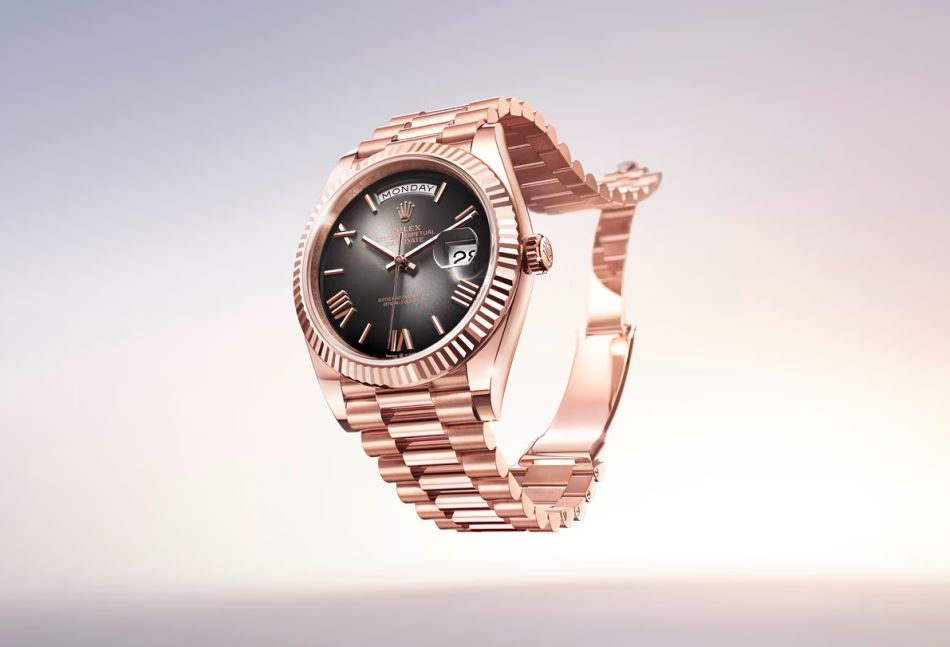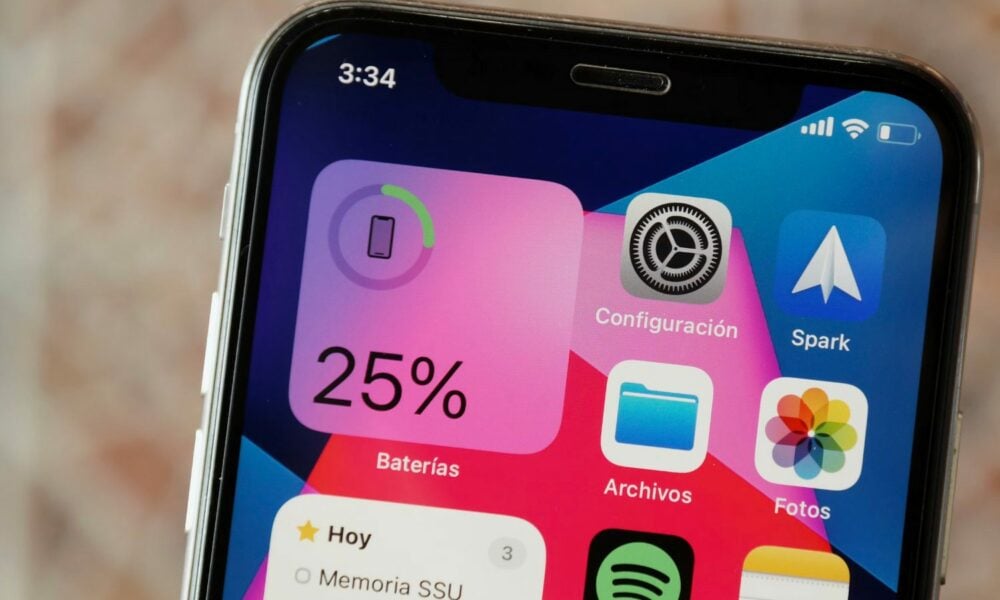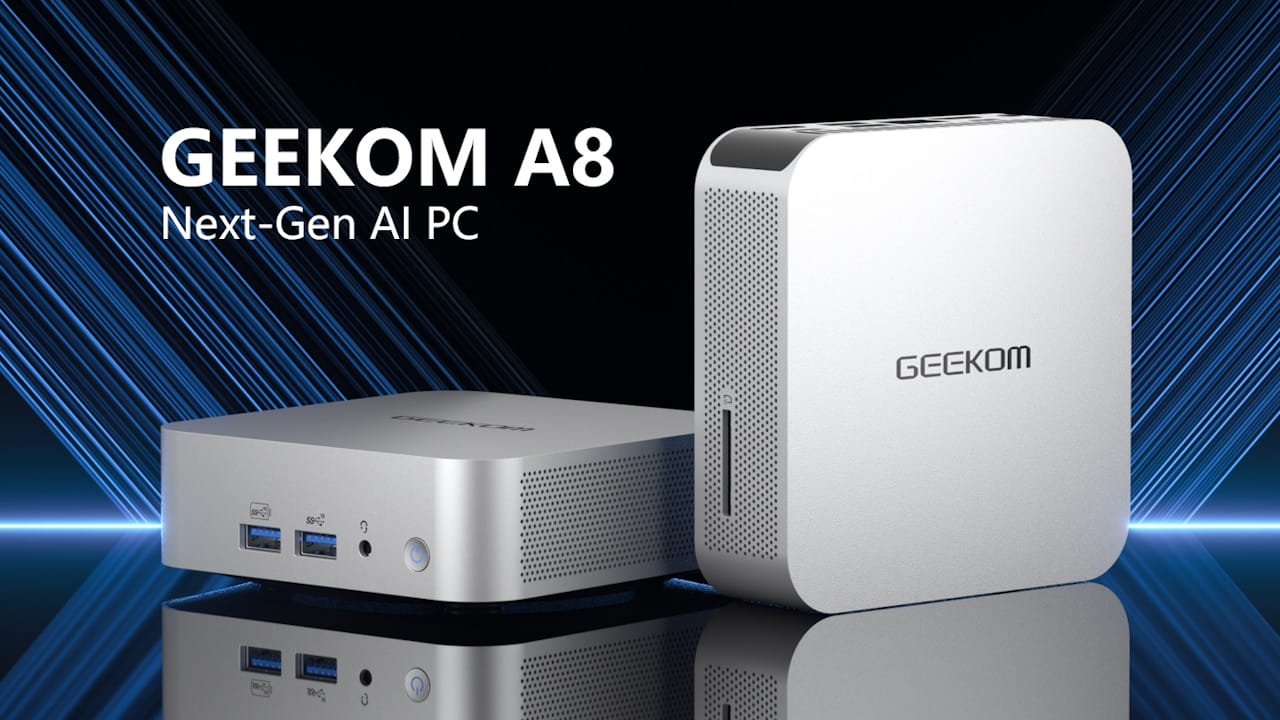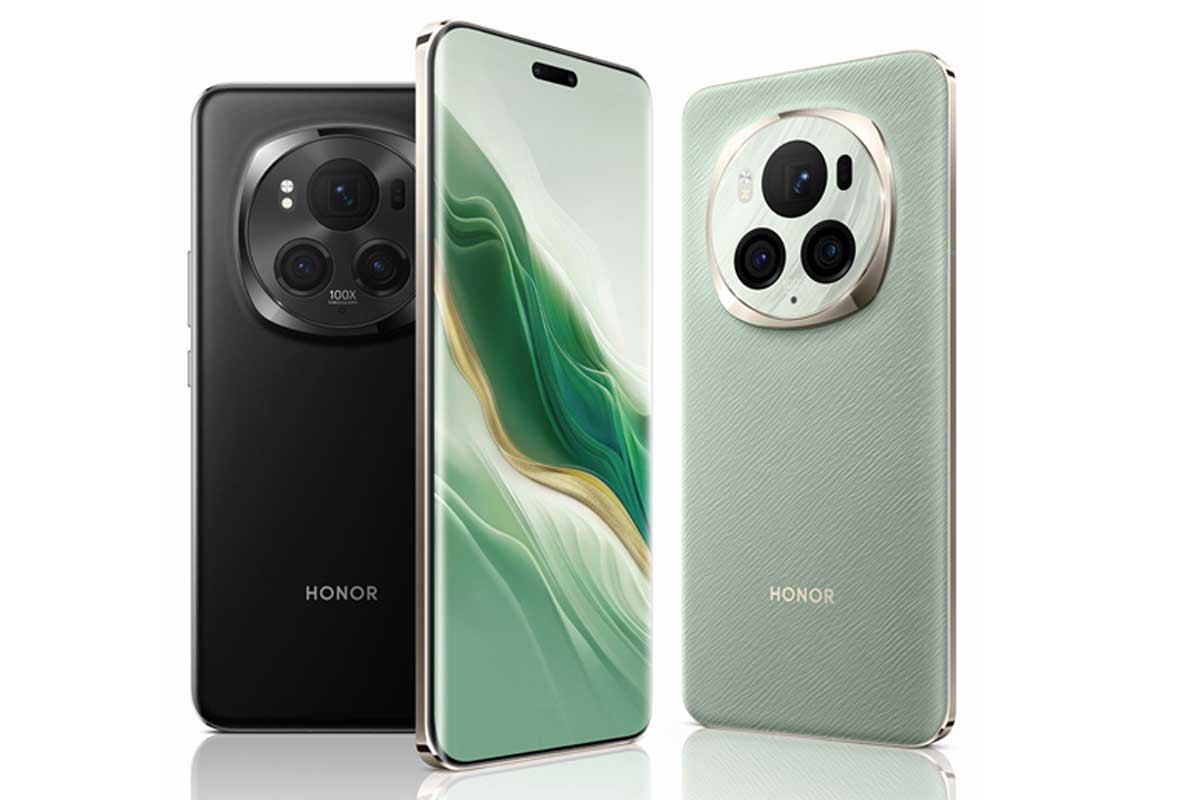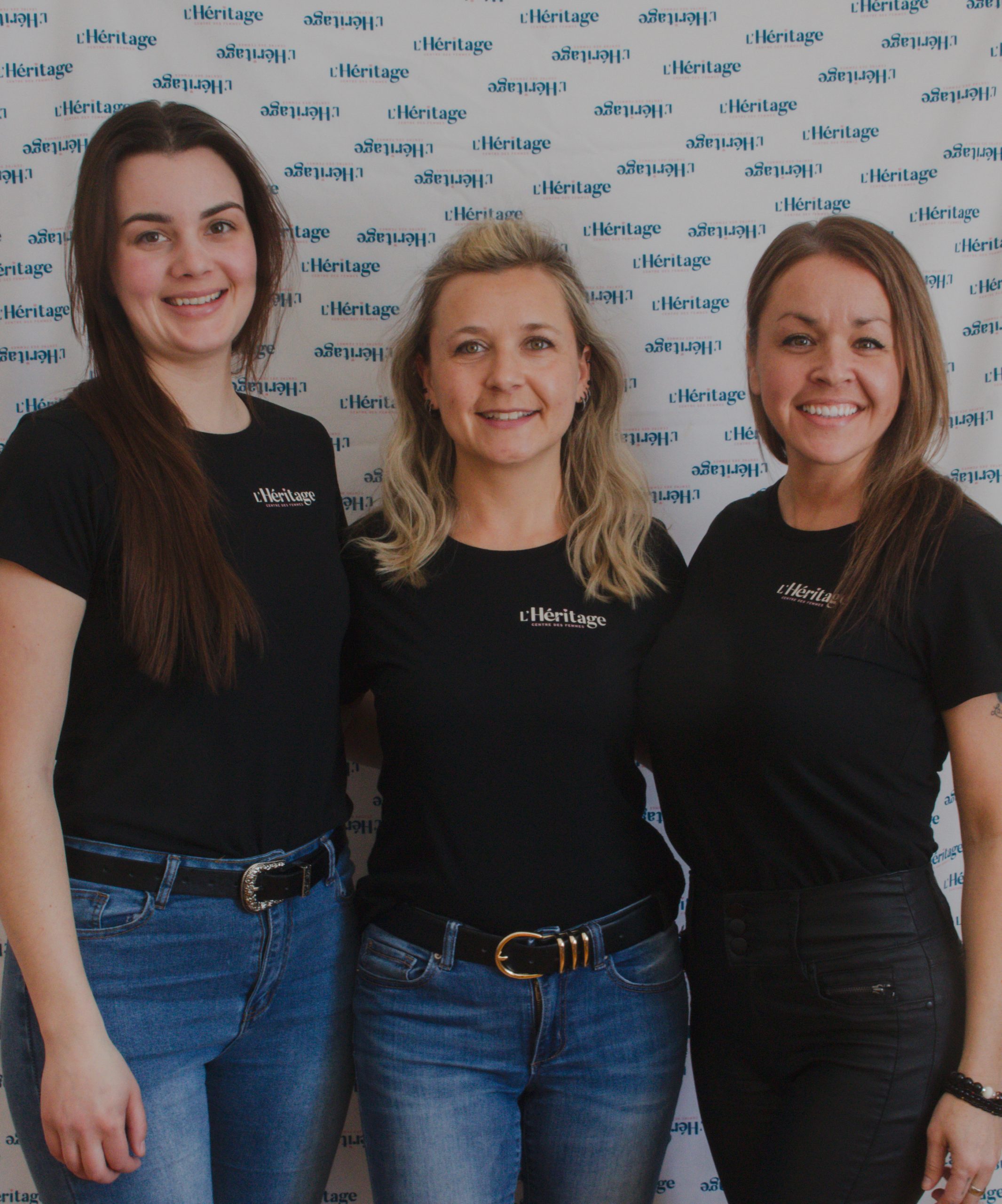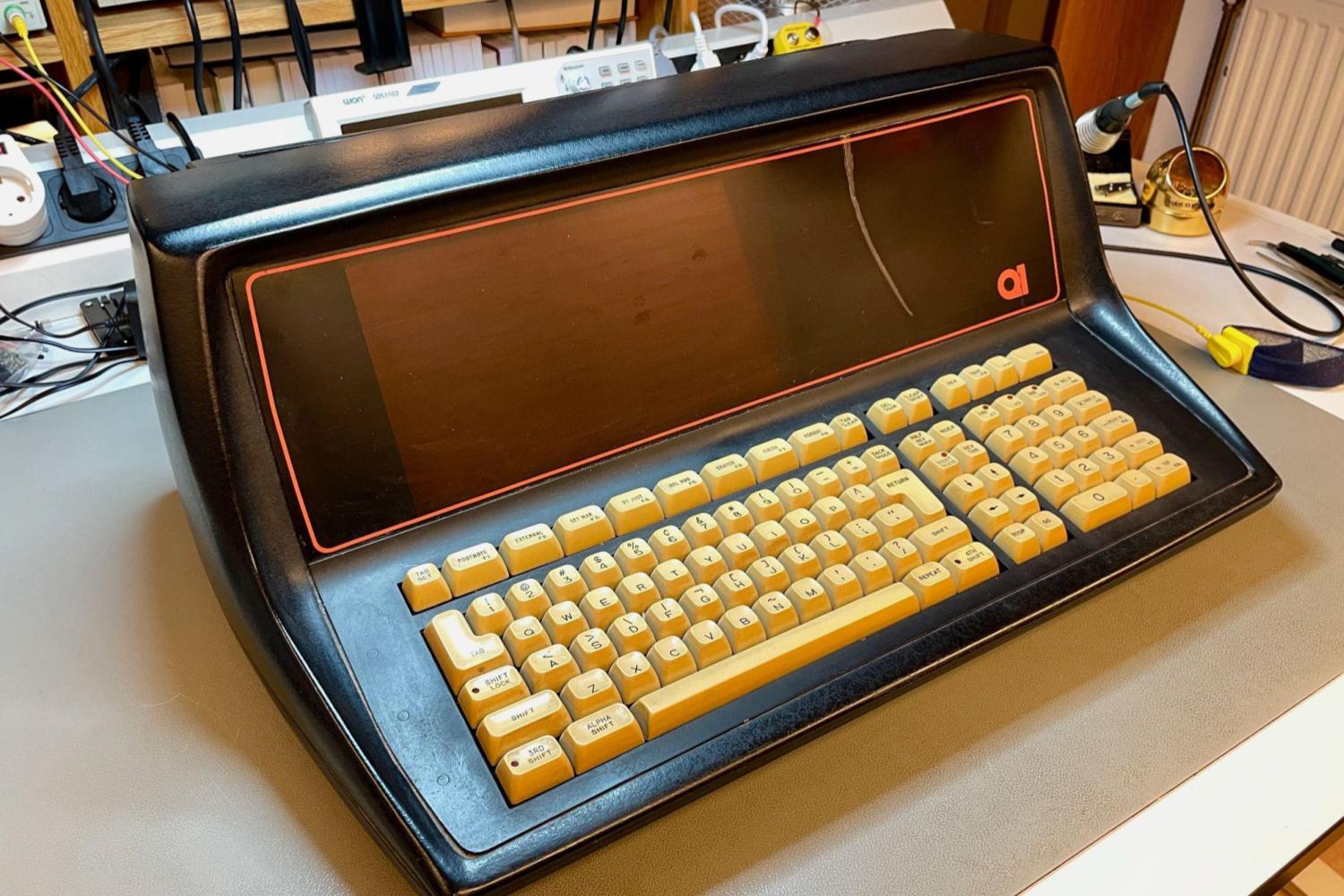
In the United Kingdom, an exhibition held by Kingston University attracted a lot of attention thanks to two rather exceptional pieces. The organization already offers two versions of the Q1 computer, a particularly important device in the history of computing.
What makes the Q1 interesting is that it is generally considered the first true consumer desktop computer in history. It was marketed in 1972, at a time when these machines were still described as “ Microcomputers » Unlike more efficient systems that can take up an entire room.
The great-grandfather of your computer
One of its major innovations was that it was equipped with the Intel 8008 processor. Intel's first microprocessor was 8-bit, meaning that it processed data in packets of eight binary digits (0 or 1). For reference, modern CPUs are usually built on 64-bit architectures which are able to handle more information per cycle.
It only had a single core, unlike almost all current chips where the workload is distributed among several subunits. It was also running at a somewhat ridiculous frequency by 2024 standards: 200 kHz, several orders of magnitude lower than today's processors which are generally clocked at several gigahertz.
Suffice it to say that the Q1 offered ridiculous performance compared to the device you're reading this article on, even if it's an old smartphone. But in its day, it was a true racing beast. Q1 and Intel 8008 were pioneers that paved the way for major advances in consumer computing. If today you have a machine capable of browsing the Internet, playing games, editing videos, or performing a whole host of diverse and varied work, it is largely thanks to the impact these real-life dinosaurs have had.
“ Pioneers of the 1970s laid the foundations for modern computers that are now ubiquitous in everyday life. We depend on computers for work, communication, productivity, and entertainment…but without these pioneers, none of this would exist. There would be no PCs, no Macs, no Apple, and no Android without Q1 says Paul Neave, a historian and professor of computer science at Kingston University.
Extremely rare antiques found by chance
What makes the existence of these two Q1 cars so exceptional is that they are Incredibly rare, especially in Europe. Almost all of them were sold in their country of origin, the United States. Only a very limited number were able to cross the Atlantic Ocean. In order to be able to display these two versions, Kingston University benefited from a helping hand of fate.
The bodies were exhumed from an old attic by Just Clear, a London extrication and cleaning company, in an unspecified context – possibly after the previous owners had died. Regardless, the company's teams were fascinated by these ancient machines. It was only after contacting Kingston University that they realized the historical nature of these objects.
This discovery was made Three times the number of officially referenced copies. There was only one before, and now there are three. Sure, a few other dusty Q1s are still lurking in the homes of individuals who have long forgotten about them. If your parents or grandparents were obsessed before their time, take a look at their inventory of antiques; Who knows, maybe you'll also find something special from the history of computing there!
🟣 To not miss any news on Journal du Geek, subscribe to Google News. And if you like us, we have a newsletter every morning.

